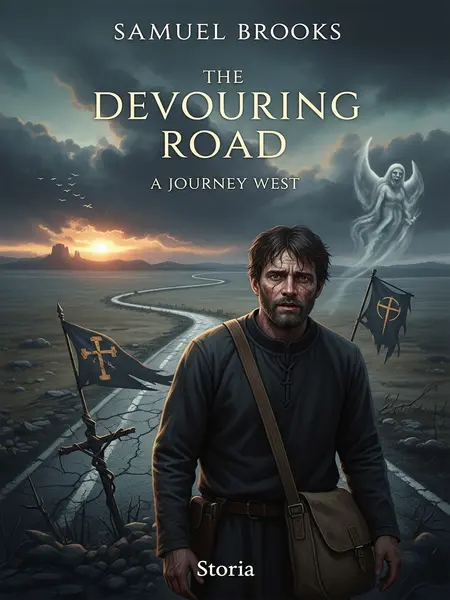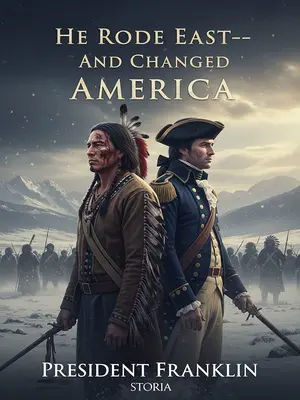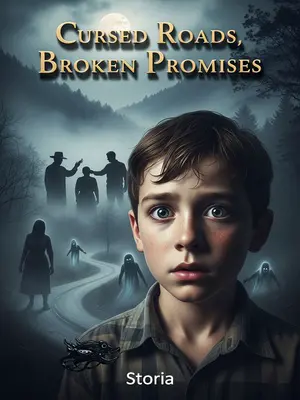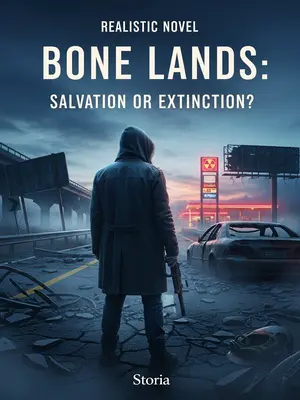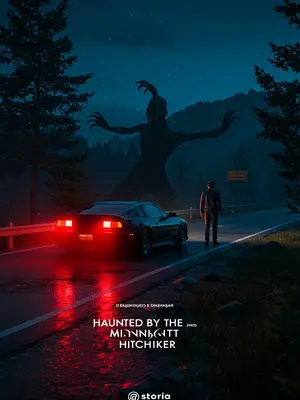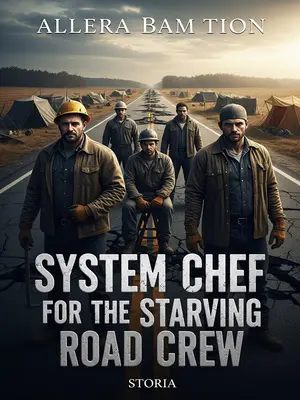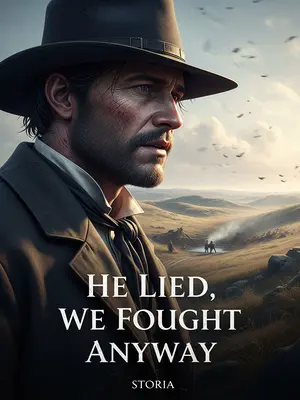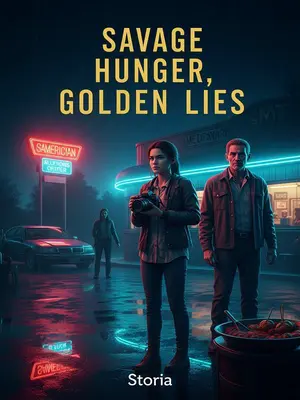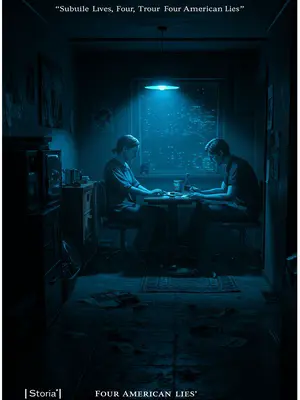Chapter 3: Wearing Another Man's Face
Then, the mass of flesh sprouted a single, enormous eye that fixed right on me. God’s name echoed in my mind, louder than the storm outside.
I pressed my hands together, and before I knew it, I was chanting, “Hallelujah.”
The word tasted like honey and poison at once, sweet and sickening. I felt myself slipping, the world tilting under my feet, everything spinning.
My consciousness began to fade, like I was falling into a bottomless pit, drowning in a sea of despair. I tried to fight it, but it was no use.
Just as I was about to sink for good, a huge hand reached down into the darkness and yanked me up.
It was like being hauled out of an icy river—gasping, shivering, heart thundering in my chest, lungs burning for air.
4.
When I woke, I was in a church again—but not Maple Heights. This was Grace Chapel, somewhere I’d never been. The pews were polished, the air smelled faintly of lemon oil and incense. I felt like a stranger in my own skin, unsure if I even belonged here. The pastor appeared, his voice gentle but distant, echoing off the empty walls as he told me today was the day for my journey west. He wished me luck in seeking the Holy Scripture.
I caught a glimpse of myself in a cracked bathroom mirror. My reflection wasn’t my own—it was Father Ambrose’s face looking back. I stood there, numb, and greeted the pastor with a hollow, “Hallelujah,” then set out from Washington, heading west.
My hands looked old, my eyes cold and unfamiliar. It was like I’d put on a mask that wouldn’t come off. The world outside was both familiar and strange, every detail sharper, more menacing.
Father Ambrose was always calm, but I was just along for the ride—like a passenger trapped in a runaway train, unable to pull the brake. I couldn’t speak or move; Ambrose’s will guided every step, just as he had centuries before.
We left Washington behind, and I saw a country that seemed at peace. People lived simply, respected God but weren’t obsessed. They were generous, always offering a handout when we asked. In times of peace, folks dared to hope for something better.
The city buzzed with life—kids playing stickball, neighbors chatting over white picket fences, music drifting from open windows, the smell of fresh apple pie in the air. For a moment, I almost forgot the horrors I’d seen.
But the further we traveled—past the old country’s borders and closer to Zion Mountain—the more things changed. People there worshipped the True God with a feverish intensity, but lived in crushing poverty. Every time we begged, even a half-bowl of thin soup was considered a feast.
The roads turned to dust, fields of withered corn stretched for miles, and the houses leaned like they might fall in the next storm. The air was thick with the smell of sweat, old prayers, and the dry tang of dust.
One night, everything went to hell—a gang of marauders swept through the town where I stayed. Only I survived. Truth be told, the gang leader spared me, even treated me with respect. He handed me a bowl of cooked human flesh. I refused, and he just shook his head, marveling, “Ain’t that something—this preacher won’t eat folks.”
